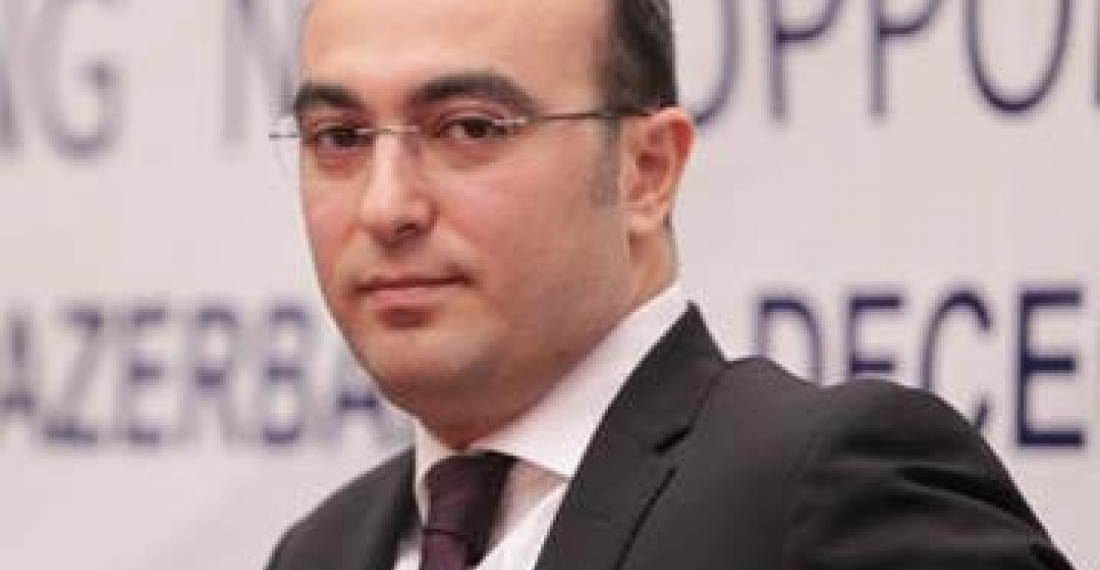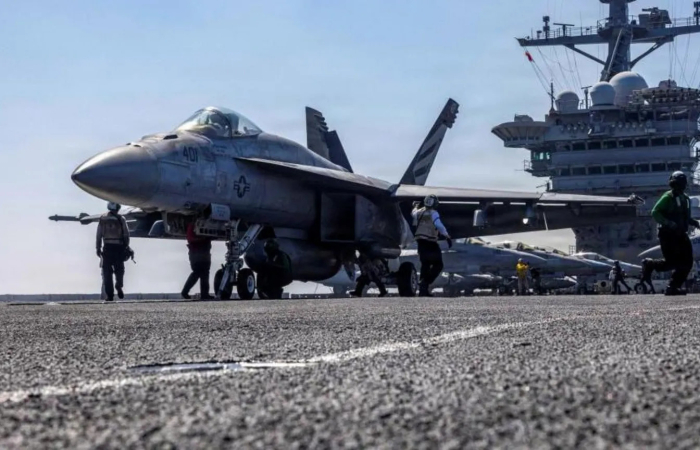French Foreign Minister Alain Juppé has said in his interview with Russian Ekho Moskvy radio station that Azerbaijan and Armenia will be offered new proposals. What are your comments in this regard?
You know, France is actively involved in negotiating process on Armenia-Azerbaijan Nagorno-Karabakh conflict as a co-chair of the OSCE Minsk Group. France recognizes Azerbaijan's territorial integrity and bilateral relations are developing rapidly. French Foreign Minister Alain Juppé is one the major figures in France's political life. He served as Prime Minister in mid-1990s and held various ministerial positions in previous governments.
The initiative by Alain Juppé, who has an extensive experience in external policy, can be appreciated by an embodiment of general strategic view of France.
Although the political regime in France has dual nature and reflects features of neo-dualist parliamentary regime, the foreign policy line is controlled by the President.
On the other hand, no any action and political view should contradict territorial integrity of states from legal viewpoint. First and foremost, this necessitates ensuring international peace and security and forms a basis for new world order.
From this standpoint, the proposals Alain Juppé has announced aim to encourage the negotiating process and accelerate final resolution of the conflict under international law.
No doubt, all proposals can be viewed only in the context of ensuring territorial integrity of Azerbaijan. At the same time, as a member of the European Union, France can make this organization get more closely involved in negotiating process and also contribute to progress and peace in the region through economic and financial opportunities it has after the post-conflict stage.
It should be noted that territorial integrity and peoples' right to self-determination do not contradict each other because a nation has emerged in a process of decolonization.
In all other cases, it provides an opportunity to ethnic groups and national minorities to exercise their rights within the territorial integrity of the state. Though it has shifted from being political principle to legal one, people's self-determination is not an imperative norm of international norm. This allows to shed a light to a great deal of issues.
Nagorno-Karabakh Armenians can develop their specific features within the Azerbaijani state and Azerbaijan offers the highest autonomy right to this end.
There are many similar cases in international experience and we can benefit from them. For example, Aland Islands, South Tyrol, etc. Based on these models, Azerbaijan has repeatedly announced that it may give the highest autonomy to Nagorno-Karabakh.
What are your comments on outcome of the recent Kazan meeting between Azerbaijani and Armenian presidents organized by the Russian President on 24 June?
The Kazan meeting between Azerbaijani and Armenian presidents is a part of the negotiating process. Negotiations, as once noted by Richelieu, are necessary element for a state prosperity and an art of compromise. The Kazan meeting marks the next and important stage in the peace process since delaying negotiations without outcome can encourage armed confrontation and undermine stability in the region.
Azerbaijan has reiterated that it is ready to use military force to restore its territorial integrity and change the unacceptable situation in Nagorno-Karabakh and seven surrounding districts occupied through the use of illegal force.
We can do this based on international law, economic and military power since back in 1932 U.S. Secretary of State Stimson announced that the then illegal situation created by Japan in Manchuria was unacceptable. This view later on recognized as Stimson doctrine inspired improvements in international peace and security.
The situation in Nagorno-Karabakh requires a tough reaction from the international community and use of peace enforcement mechanisms. In this respect, it is Azerbaijan's legitimate and legal rights to use force.
The importance of the Kazan meeting is that it has made the international community more sensitive about peaceful resolution of the conflict. Prolonging the status quo poses danger for peace and today it is necessary to change it in the positive direction. However, Armenia seems to be interested in prolonging the status quo.
In this case, the influence of international community on the Armenian leadership is inevitable.
This is because their unconstructive position can ignite the conflict once again. The subsequent stages of negotiations can witness increased influence on Armenia and its putting forward constructive position in negotiations.
To achieve peace, Armenia should first of all renounce goals it set at an early stages of war, prioritize national interests, but not those of Karabakh clan in power, stop using peace process for domestic political reasons and realize that country's development is linked to overall development in the region.
This would a contribution to regional integration and future development of Armenia.
Elnur Aslanov is Head of the political analysis and information department at the Azerbaijani Presidential Administration.







